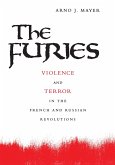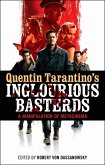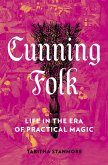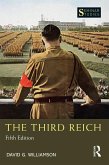During the European Renaissance, an age marked equally by revolutionary thought and constant warfare, it was armies, rather than philosophers, who shaped the modern European nation state. "Mobile cities" of mercenaries and other paid soldiers-made up of astonishingly diverse aggregations of ethnicities and nationalities-marched across the land, looting and savaging enemy territories.
In the 15th century, Poland hired German, Spanish, Bohemian, Hungarian, and Scottish soldiers. Later, Sweden fought in Muscovy with Irish, English, Scottish, French and German troops. Units of Croats, Germans, Walloons, Albanians, and especially Swiss served in French armies. In the Netherlands, Italians and Spaniards fought beside Irishmen, Germans, Dalmatians, and Walloons. Regiments of Swiss pikemen fought for Spain, France, and Venice, as well as for German and Italian princes. Companies of Poles, Hungarians, and Croatians fought in German regiments.
Growing national economies, unable to pay or feed massed armies for any length of time, thus became war states, an early nationalism which would later consume modern Europe. Furies: War in Europe 1450-1700 by acclaimed historian of the Renaissance Lauro Martines compellingly and simply delivers the story of modern Europe's martial roots, capturing the brutality of early modern war and how it shaped the history of a continent
In the 15th century, Poland hired German, Spanish, Bohemian, Hungarian, and Scottish soldiers. Later, Sweden fought in Muscovy with Irish, English, Scottish, French and German troops. Units of Croats, Germans, Walloons, Albanians, and especially Swiss served in French armies. In the Netherlands, Italians and Spaniards fought beside Irishmen, Germans, Dalmatians, and Walloons. Regiments of Swiss pikemen fought for Spain, France, and Venice, as well as for German and Italian princes. Companies of Poles, Hungarians, and Croatians fought in German regiments.
Growing national economies, unable to pay or feed massed armies for any length of time, thus became war states, an early nationalism which would later consume modern Europe. Furies: War in Europe 1450-1700 by acclaimed historian of the Renaissance Lauro Martines compellingly and simply delivers the story of modern Europe's martial roots, capturing the brutality of early modern war and how it shaped the history of a continent









